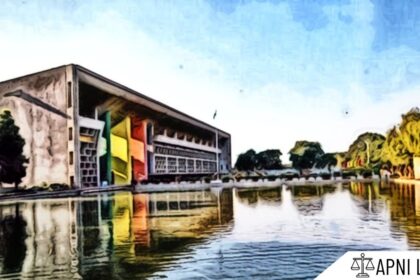CrPC Section 292: Evidence from Mint Officers
1. Code:
Section 292 of the Code of Criminal Procedure, 1973 (CrPC) deals with the admissibility of evidence from officers of the Indian Mint in certain cases.
2. Explanation:
This section states that in any proceeding under the Indian Coinage Act, 1906, or under any other law for the time being in force relating to coins, any officer of the Indian Mint may, without prejudice to any other provision of this Code, be compelled to produce any books or documents in his custody or under his control relating to the manufacture of coins, and may be examined as a witness.
This section essentially empowers the courts to summon Mint officers to provide evidence in cases involving counterfeit coins or other offenses related to coinage.
3. Illustration:
Imagine a situation where someone is caught using counterfeit coins. The police investigate the case and believe the counterfeit coins were manufactured in a specific location. To prove this, the police might need evidence from the Indian Mint to confirm the authenticity of the seized coins and to establish a link between the seized coins and the Mint’s production records. In such a case, Section 292 allows the police to summon Mint officers to produce relevant documents and testify in court.
4. Common Questions and Answers:
Q: What is the purpose of Section 292?
A: Section 292 aims to ensure that the courts have access to crucial evidence from the Indian Mint in cases related to coinage offenses. This helps in establishing the authenticity of coins and investigating any irregularities in the manufacturing process.
Q: Can any Mint officer be summoned?
A: Yes, any Mint officer who has relevant documents or knowledge about the manufacture of coins can be summoned to court under this section.
Q: Can the Mint officer refuse to produce documents or testify?
A: No, the officer is compelled to produce documents and testify under this section, unless there is a legal basis for refusal.









